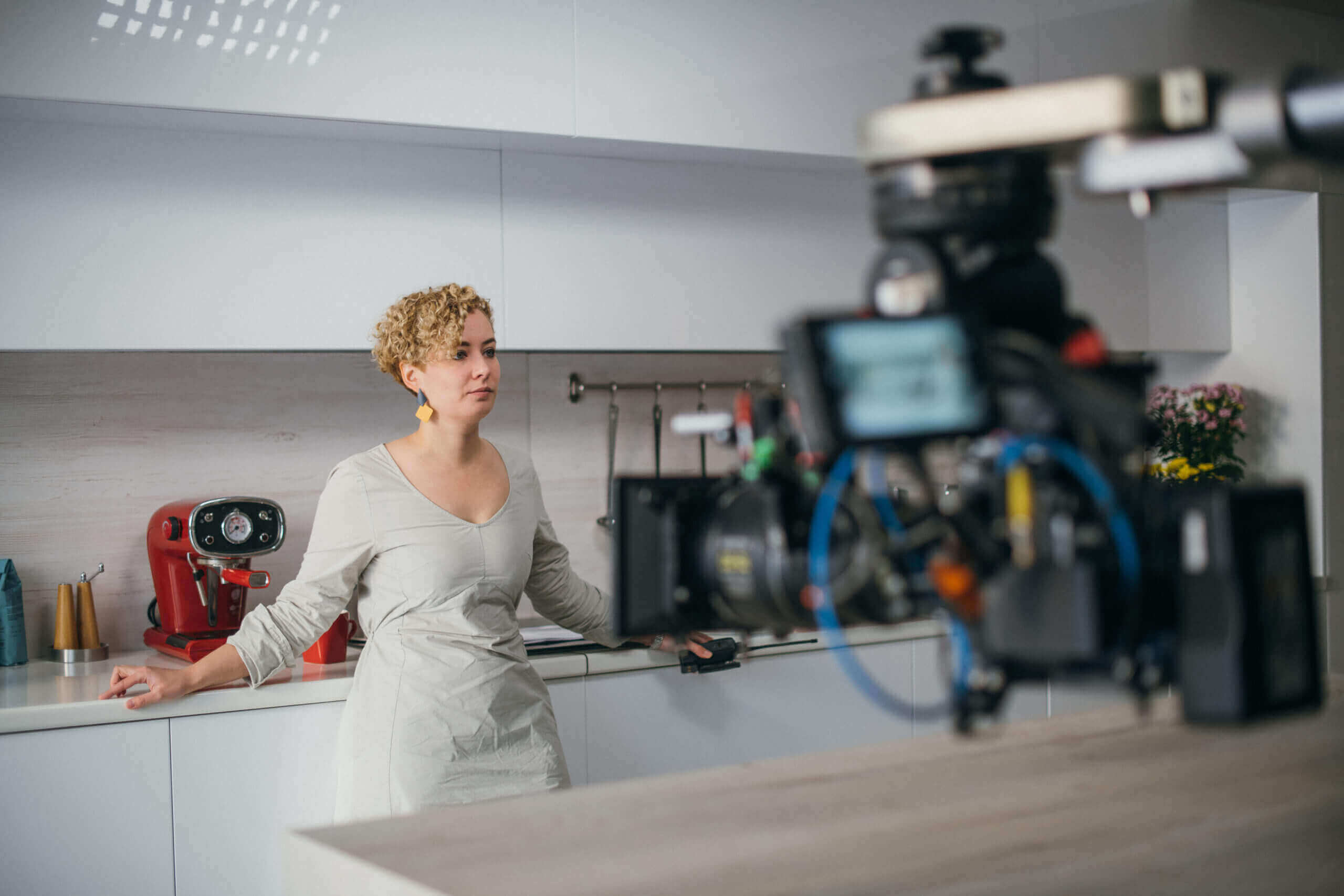
Let’s be honest. It’s a self tape world. Self tapes have been in the mix for film and television auditions for years now. Commercially, we are still relatively new at this. I think it’s anyone’s guess the frequency actors will be called on to self tape from here on out, but I think we can all agree it’s going to be a permanent and extremely viable option for commercial auditions from here on out.
The self tape bar has been rising rapidly, quality-wise. It’s amazing the speed at which the commercial industry can adapt when push comes to shove. Actors have been ordering backdrops and lights. They’ve hopped into virtual classes. They’ve tested mics and zoom setups. Believe me, casting directors and agents everywhere are grateful for the effort. It can be hard to tell a self tape from an in-person audition these days. It’s impressive!
I want to celebrate those successes, but also bring attention to some of the easier stuff that might be getting lost in the hubbub. Wait! Easy? I think we can call this good news! You may be neglecting some easy things that will make a casting director’s (and agents!) heart swell, so let’s get to it.
Insights: Lessons From Laurie Records
- Always submit your self tape as early as possible to give yourself time for fixes and to reassure casting directors.
- Confirm your audition promptly and communicate any cancellations right away to keep agents and casting offices informed.
- Use a reader for your self tapes, even virtually, to improve the quality and engagement of your audition.
Commercial actors should never neglect the EASY STUFF when a self tape has been requested.
SUBMIT YOUR TAPE EARLY.
Of course, you can tell me all the times when this is not easy. I know life is complicated, you may have multiple auditions to record or were only given 2 hours’ notice. But, under normal circumstances, when you have the choice to get to work on the self tape audition sooner than later, choose sooner. Choose NOW! It will give you time and space, if something goes wrong in the process, to still get it in on time.
When it all goes well, you just may delight the casting director with your early submission. One of the worst scenarios for a casting director is not having enough actors to present to their client. Really. It’s a fundamental part of our job to deliver a proper amount of talented actors that are right for each role. When you submit early you provide reassurance to the casting office that all is on track. You want to be this actor. We notice. (An important note: a brilliant barely-on-time self tape is better than a mediocre early self tape and a self tape not-turned-in is tragedy)
CONFIRM YOUR AUDITION.
Now this one is really easy. As things are changing on Casting Networks, it’s more important than ever to confirm your audition, whatever type it is. Make it a habit to check your audition notices on a regular basis and confirm that you will be submitting a self tape as soon as possible. It puts your agent at ease and it puts the casting office at ease. Canceling as soon as possible is also a good thing. Your agent can pitch a replacement and the casting director isn’t put into a difficult spot. Really, no response is the worst response. Everything else can be dealt with.
HAVE A READER.
I admit this is easier for some than others, but you don’t have to live with someone in order to have a reader for your self tape. Readers can be, and often times are, virtual, these days. Zoom in your friend, FaceTime your mom or get someone to read with you on one device while taping on another.
Some casting directors will give permission for you to send in the audition without a reader, but I promise you one hundred percent, the audition is better with a reader, always. No one cares if they are male or female, an actor with skills or your kid who is learning to read (ok, maybe that’s not great, but you get the idea). Have a reader on call for the self tapes that require one.
NAIL YOUR SLATE.
Commercial casting directors have been talking about your slates! Let’s make it easy right now. When you are asked to slate, if given no further direction, say your first and last (stage) name only. That’s it. If a casting director wants you to do or say anything else, they will give you those instructions. Don’t throw in the extras (hands, profiles, location, agent, role name, etc) unless you are asked to do so.
Commercial slates are usually shot very close up and come at the beginning of your audition. We tend to ask for a full-body shot as well. Notice I’m not including that in the easy category. That’s a trick. But the tight shot, smiling straight to the camera and saying your first and last name, that’s easy. Get it right!
MAKE SURE YOUR FILES AREN’T TOO BIG OR SMALL.
I believe we’ve swung from one extreme to another on this issue. Whether you are emailing or uploading your self tape, a huge file is hard to handle. But, tiny files suffer in quality and end up looking fuzzy. Aim for the middle ground. Depending on the length of your audition your video file may be 75 MB – 250 MB. No huge files, no small files!
Self tapes can be intimidating, certainly when first trying to wrap your head around the entire process and all it entails. When meeting the challenge, don’t neglect the easy stuff. Those details matter, too! Here are a few reminders to help you nail the basics and stand out:
- Submit your self tape as early as you can to allow time for corrections and to help casting offices stay on track.
- Always confirm your audition right away, and let your agent know quickly if you need to cancel.
- Use a reader whenever possible, even if it means connecting virtually, to boost your audition’s quality.
- Keep your slate simple—just your first and last name unless given other instructions.
- Make sure your video file size is neither too large nor too small for easy viewing and good quality.
This article originally appeared on Casting Networks.
Want to get your acting career started? Sign up or log in to Casting Frontier and start auditioning today!
You may also like:
- 4 Exercises for Active Listening
- 5 Essential Monologue and Showcase Pieces for Your Audition Book
- 3 Amazing Actors Who Were Generous Scene Partners
Written by Laurie Records




